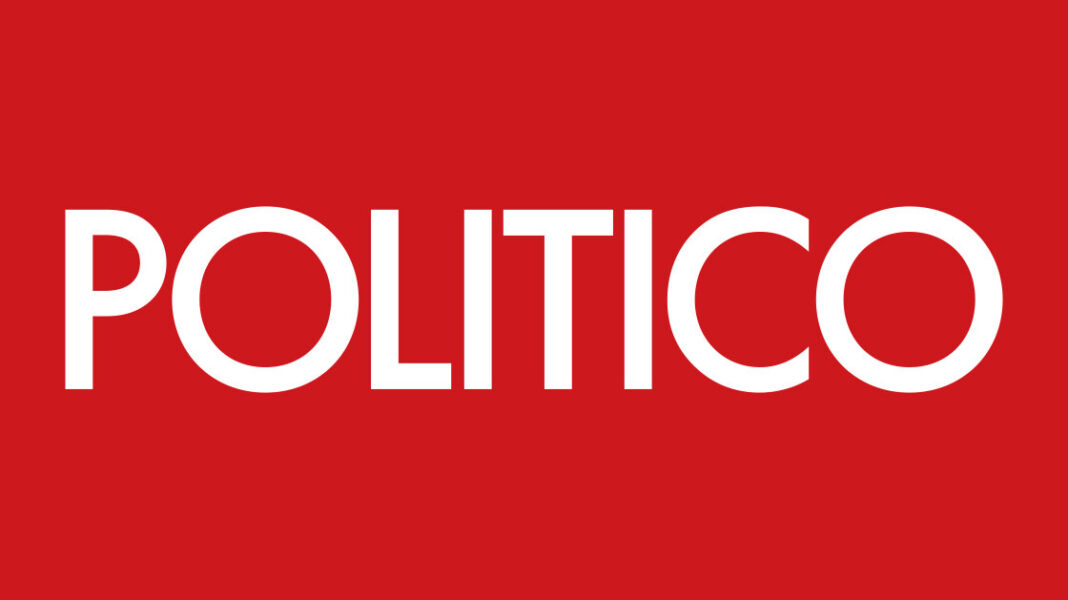Revolutionizing Health Care Outcomes and Access for Medically Underserved Groups
Introduction
As healthcare facilities are seeking approval for significant changes, they must also provide independent reports outlining the project’s potential impact on health outcomes and access to care for medically underserved groups. This article provides a closer look at this important requirement and its implications for increasing health access and outcomes for underserved individuals.
Overview of State Requirements
The state requires that all healthcare organizations filing for approval of major changes must submit independent reports covering the potential health outcomes and access to care for medically underserved groups. These reports must provide a detail-oriented analysis of the changes, and an estimate of the health goals and objectives that will be achieved. The state also requires that the physicians involved in the project provide documentation of their qualifications and experience to ensure they are qualified to provide care in a safe and effective manner.
Benefits of Improved Access and Outcomes
The filing of these independent reports can result in significant benefits to underserved communities. Increased access to healthcare can lead to improved health outcomes such as reduction of preventable illnesses, increased knowledge of good health practices, and improved quality of care. Additionally, independent reports can provide an important opportunity for these medically underserved communities to have their voices heard in the healthcare decision-making process.
Conclusion
The requirement for healthcare facilities to file independent reports outlining the potential impact on health outcomes and access to care among medically underserved groups shifts the responsibility of providing quality health care to those who are often hardest hit by health disparities. This move can have potential long-term benefits for these communities, and serves as an important step towards closing the gap in health inequities between them and other populations.

